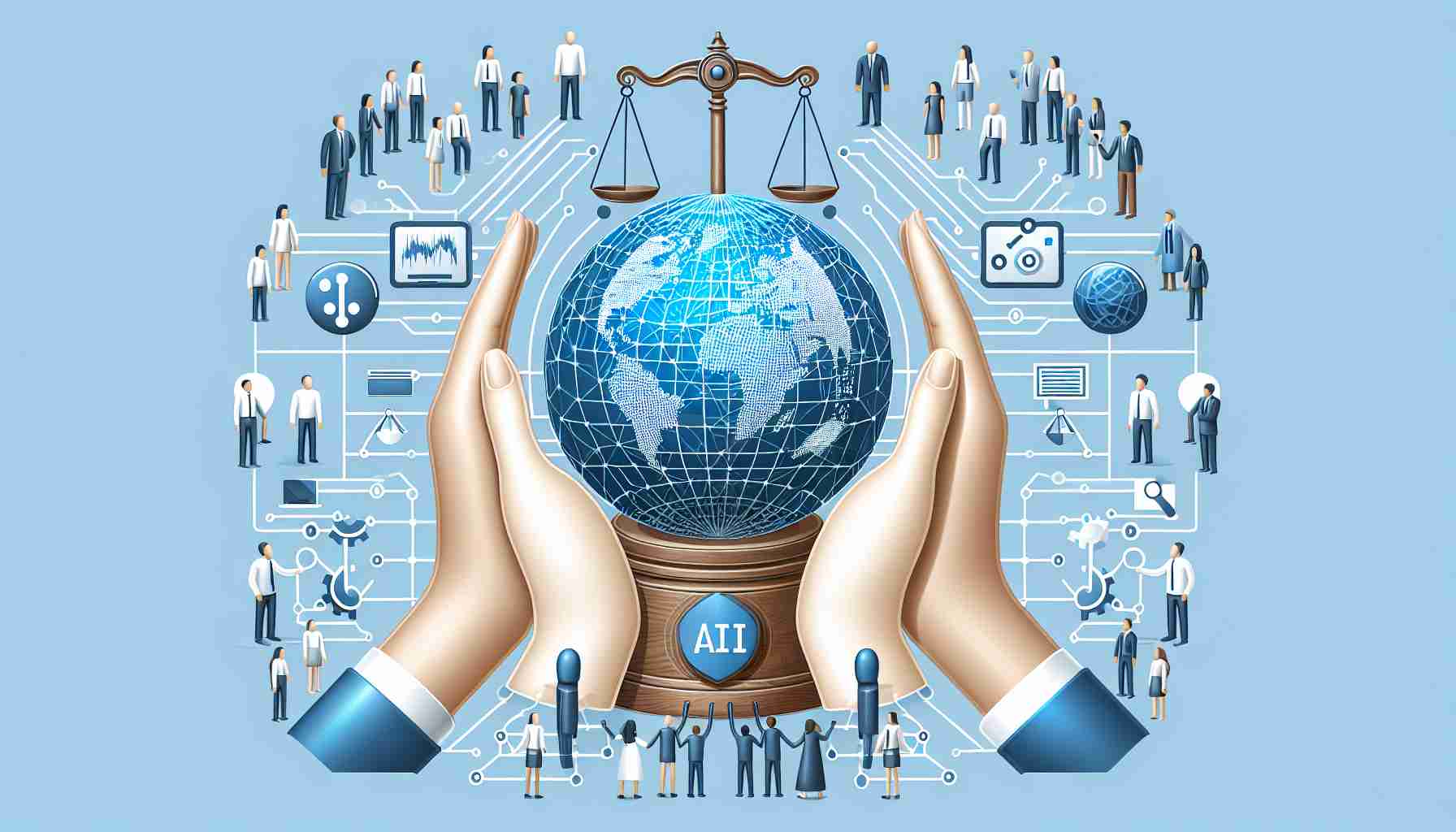Warren Buffett Compares AI to Nuclear Power
The influential investor Warren Buffett has recently drawn parallels between the power of artificial intelligence (AI) and nuclear weapons, suggesting that although AI can accomplish positive tasks, its potential for harm is immense. This comparison was made during a shareholders meeting in Omaha, Nebraska.
AI’s Dual Potential: Asset or Threat?
AI development conjures images of Aladdin’s genie—a powerful force now unleashed without clear guidance on controlling it. The history of nuclear technology, with its duality as both a beneficial energy source and a devastating weapon, echoes the trajectory AI could take, mirroring concerns of personalities like Sam Altman of OpenAI.
The Preventive Path: Regulation and Education
Preventing AI-induced catastrophes calls for an international governance system to oversee AI development, akin to countermeasures taken for nuclear proliferation. This would involve a new global entity with authority similar to that of the International Atomic Energy Agency (IAEA).
Additionally, national guidelines around AI ethics and security are becoming increasingly important. Institutions in South Korea have begun to address this with guidelines on AI ethics and usage that have been strategically released at opportune moments to maximize their impact. An overarching national guideline that aligns with international standards is needed.
Next Steps in Responsible AI Advancement
As global AI innovation surges, the creation of foundational AI legislation and the promotion of certification systems to validate the ethics and reliability of AI technologies are necessary. Ensuring the minimization of AI’s negative impact also requires a concerted effort in education and public awareness, focusing on the dangers of voice phishing, deepfakes, and copyright infringement through AI misuse. Tailored AI literacy programs across all age and social groups can fortify society against AI’s risks and biases, laying the groundwork for dependable and ‘good’ AI proliferation.
The moment for establishing good governance and strengthening AI ethics and security is upon us, and nations must rise to the challenge to navigate the AI era with foresight and responsibility.
Important Questions and Answers:
What is ethical AI?
Ethical AI involves the development and deployment of AI systems in a way that aligns with widely-held ethical principles, such as fairness, accountability, transparency, and respect for user privacy and autonomy.
Why is a global framework for regulating AI necessary?
A global framework for AI regulation is necessary because AI systems often operate across international borders, affecting people and economies worldwide. Consistent standards can help to manage the risks associated with AI and ensure that benefits are shared equitably.
Key Challenges and Controversies:
1. Defining Universal Ethical Standards: Reaching a consensus on what constitutes ethical behavior across different cultures, legal systems, and socioeconomic contexts is a complex challenge.
2. Governance and Enforcement: Establishing an international body to govern AI, similar to the IAEA’s role for nuclear technology, is controversial due to concerns about sovereignty, privacy, and the potential stifling of innovation.
3. Data Bias and Discrimination: AI systems can perpetuate and amplify biases present in the training data, leading to discriminatory outcomes that can be difficult to identify and correct.
Advantages and Disadvantages:
Advantages:
– A global ethical AI framework can help prevent harm by setting standards that protect individuals’ rights and promote the public good.
– It can facilitate international cooperation in the research and development of AI and foster a climate of trust and transparency.
– Encourage innovation within a safe and ethical boundary, which can lead to sustainable advancements in AI.
Disadvantages:
– Developing and enforcing such rules may be difficult due to varying international laws, cultural values, and economic interests.
– The pace of AI development may be hindered by regulatory processes, potentially affecting competitiveness in the global market.
– There is also the risk of creating too rigid a framework that cannot adapt quickly to technological changes and new ethical considerations.
If you are interested in learning more about initiatives for ethical AI and what global entities are discussing this topic, you might consider visiting the official websites of organisations like UNESCO, IEEE, or the AI Now Institute. You can find information and resources on these topics using the following links:
– UNESCO
– IEEE
– AI Now Institute
Please note that these links direct you to the homepage, where you may find the most current insights and policy discussions surrounding ethical AI.

